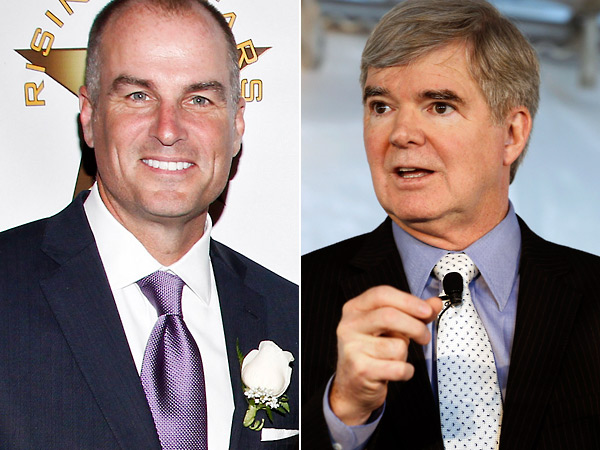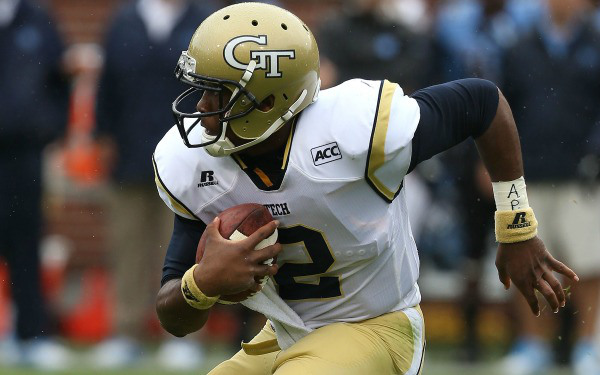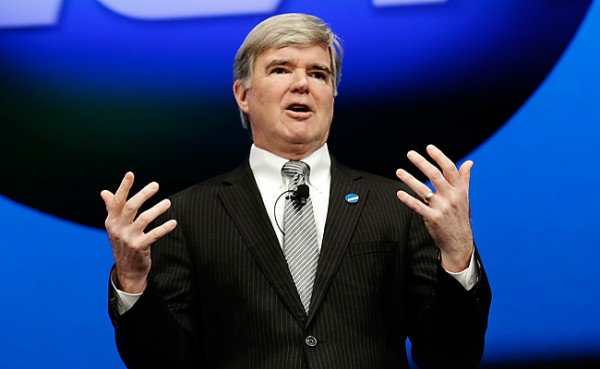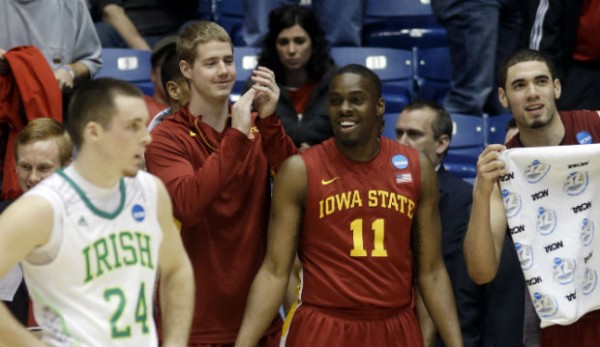Jay Bilas and Mark Emmert: How About a Meeting of the Minds?
Posted by Chris Johnson on December 12th, 2013The reputation Jay Bilas has developed over the years as one of the most vocal critics of the National Collegiate Athletic Association is well-earned. He frequently hammers away – via Twitter and otherwise – at president Mark Emmert and the controversial institution he presides over. Just last summer, Bilas highlighted the NCAA’s fundamental hypocrisy regarding its stance on player likenesses with his ShopNCAASports search bar revelation. Months before, in an extensive interview with Andy Glockner, Bilas opened fire on the NCAA in general, and Emmert in particular, calling the latter an “absentee president.” Those are just two examples. Scroll through Bilas’ tweets and you’ll find an endless supply of reasoned NCAA criticism (with plenty of rap lyrics sprinkled throughout; Young Jeezy even dropped Bilas’ name in a song). Most sports fans also know Bilas for his college basketball analysis, which – much like his frequent disparagement of the NCAA – is almost always, whether written or televised, very much on-point. If, in the preseason, you read Bilas’ “College Hoops Opus,” for instance, you’d feel so prepared for the upcoming campaign, you probably wouldn’t have spent any money on preview magazines.
As you no doubt already know, Bilas is a pretty smart guy, and he knows it, too. Which is why his latest squabble with Emmert was so predictable. Emmert was in New York Wednesday for the IMG Intercollegiate Athletics Forum, where he fielded questions from reporters about various NCAA-related issues. Responding to a question about Bilas, Emmert said, “I appreciate how passionate he is about college sports. I don’t like the ad hominem [personal] attacks.” Emmert followed up. “I dare say I know more about running complex organizations than him and he knows more about basketball.” Naturally, Bilas retorted: Read the rest of this entry »














































